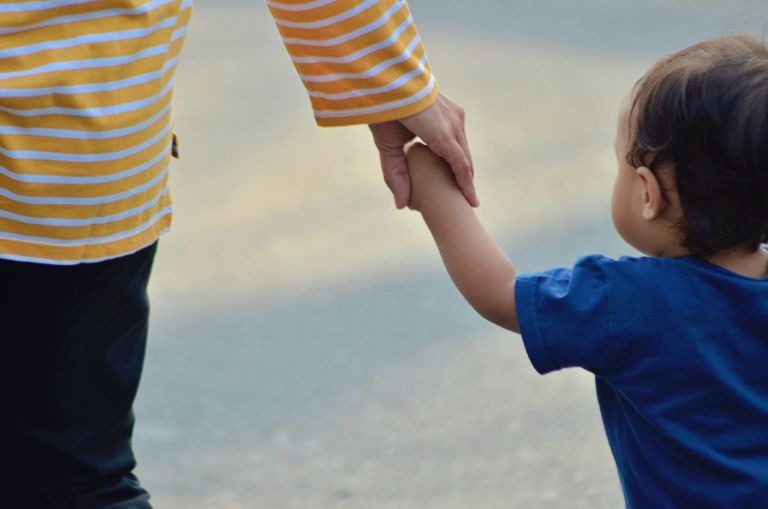The National Center for Education Statistics recently launched a blog to discuss their work and findings.
Yesterday, a post by Jill Carlivati McCarroll and Gail Mulligan titled, “Does the Department of Education collect information on young children’s social and emotional development?” appeared.
Here is the first half of the answer posed in the title:
Yes, we do! During their early years, children are developing socially and emotionally. This includes the development of social skills, relationships, and regulation of emotions. Children’s socioemotional development can affect school experiences and outcomes, so it makes sense that the Department of Education is interested in this topic.
Researchers are using NCES’s Early Childhood Longitudinal Studies (ECLS) to examine questions about socioemotional development, for instance, how children’s growth in this area is related to background characteristics such as race/ethnicity and parents’ educational attainment, as well as home and school experiences. The ECLS studies collect information from the children themselves, as well as from their parents, their care providers, and their teachers. Being longitudinal, the ECLS data allow researchers to study how children’s socioemotional skills develop over time. Additionally, these surveys are some of the only nationally representative studies with data on children in these age groups.
The Early Childhood Longitudinal Study, Birth Cohort (ECLS-B) followed a group of children born in 2001 until they entered kindergarten. The ECLS-B was designed to describe children’s earliest experiences and relationships, and the first home visit data collection occurred when the children were only 9 months old. Socioemotional development was measured in several ways in this study. During home visits, researchers observed the children’s interactions with a parent during specific tasks, such as while the parent was reading a book aloud to the child, and reported on the children’s attentiveness, interest, affect, and social engagement. The quality of the children’s attachment relationship to their parent was also measured at age 2. When the children were in kindergarten, their teachers provided information about the children’s socioemotional skills.
The fact that states, including North Carolina, are now cooperating with the federal government in this effort is creepy and unsettling.


